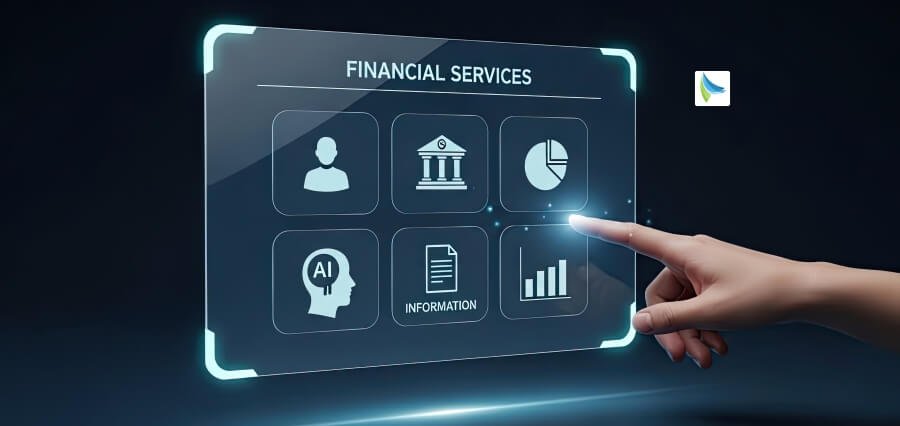Tomorrow’s Leaders Today
Top leadership is no longer merely the control of power or pushing quarterly earnings. Rather, the CEO position has turned out to be an intricate web of vision, influence, ethical responsibility, and flexibility. With the world changing rapidly and dealing with multifaceted challenges, the type of leadership needed in this field is changing radically. The key to this development is a powerful leadership of the CEO who is both inspiring and impactful, having a strategic sense and emotional intelligence. It is important to know what this new breed of leaders is about to equip the future CEOs to become leaders of organizations, but also to mold the future.
The Changing Landscape of CEO Leadership Traditionally, the leadership of CEOs was based on authoritative decision-making, mainly centred on financial performance and operational efficiency. Nevertheless, the future does not require transactional leadership only. The contemporary CEO should reflect a complex style that embraces emotional intelligence, flexibility, and dedication toward inclusivity among stakeholders. This wider lens is crucial in overcoming the digital disruption, climate change, and shifting workforce expectations.
Achieving influence through commitment to building trust and collaboration, both internally and externally, is becoming a core part of influential CEO leadership today. CEOs must act as visionaries who suggest an appealing feeling of purpose that should match with societal values and remain resilient and agile.
Core Traits of Future Influential CEOs
Moving forward, the image of the powerful CEO is a leader with empathy, vision, and ethics. Emotional intelligence is now a fundamental aspect of effective leadership. Empathic CEOs are more likely to appreciate different views, inspire teams, and develop an inclusive culture that leads to long-term organizational success.
In addition, strategic foresight also helps a CEO to see early trends and disruptions that are about to occur. This form of foresight is necessary in the creation of long-term programs that balance innovation and risk. The characteristic that defines influential CEO leadership is the ability to act decisively and clearly, even in situations of ambiguity.
The Role of Technology in Shaping CEO Influence
The role of the CEO will keep evolving under the influence of technology, whereby leaders ought to be familiar with digital tools and data-driven insights. But technology alone cannot deliver the results. The next transformative CEO will make technology work for human creativity and judgment rather than in place of it.
Digital transformation is a process that asks CEOs to be fast learners and open to change and be willing to explore new business models. The combination of artificial intelligence, automation, and data analytics into daily operations creates the need to balance efficiency and empathy among the CEOs to ensure that technology can enrich.
In addition, effective CEO leadership entails establishing the tone for ethical use of technology, protecting data privacy, and ensuring fair access to digital resources. Such roles reflect the CEO as a guardian of both innovation and the welfare of society.
Cultivating Influential CEO Leadership in the Next Generation
Preparation of leaders for tomorrow requires deliberate skill and mindset building that is future-fit. Leadership development programs and organizations must prioritize the cultivation of effective CEO leadership abilities, flexibility, emotional intelligence, and ethical decision-making.
Mentorship, learning by doing, and immersion in alternative perspectives are essential elements of this development. Future CEOs must have a chance to exercise leadership in real-world, complex, ambiguous challenges that reflect future realities. These opportunities develop resilience and strategic agility.
Also, developing a growth mindset or the notion that one can develop skills through effort and learning is crucial for leaders of the future. CEOs who commit to ongoing learning stay current in dynamic environments and set an example for their staff.
The Impact of Societal Expectations on CEO Leadership
There is a change in the societal expectations of the CEOs that includes a wider accountability beyond the returns of the stockholders. Environmental sustainability, social justice, and corporate governance are not sideline issues; they are core to leadership measurement.
Effective CEO leadership in today’s environment involves trading off profitability with purpose. CEOs need to interact with employees, stakeholders, communities, customers, and regulators. Stakeholder management redefines success in terms that are more complete.
Those leaders who genuinely embed social and environmental objectives into their business strategies stand in a better position to create strong organizations that can succeed in the long term. This also serves to attract talent and customers who value value-based companies.
Final Words
The future of effective CEO leadership will increasingly be a mix of vision, empathy, ethics, and flexibility. The world keeps transforming; therefore, the role of the CEO must also evolve with the times. Those who learn these traits will become leaders who guide their organizations through progressive transformations and build a more sustainable and inclusive future.
The importance of the development of such critical qualities and attitudes to prepare tomorrow’s leaders today is in order to make sure that good leadership by a CEO could remain a force of change many years after the task.
Read Also: Top Leadership Skills You’ll Gain with a Business Management Degree
















